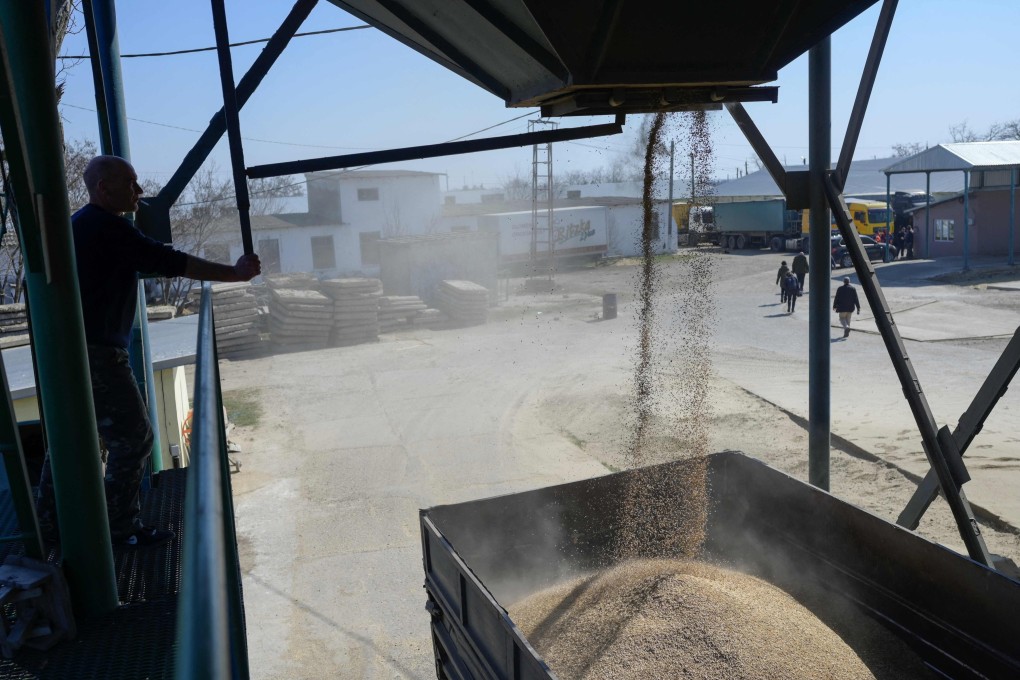China seeks support for stance on Ukraine by warning sanctions on Russia hurt developing countries the most
- Beijing urges UN to act to ensure food stability in wake of Russia’s invasion of Ukraine
- China is trying to maintain a balancing act and avoid criticising Moscow

On Monday, Dai Bing, the country’s first deputy permanent representative to the United Nations, told the Security Council that “ever-escalating, all-encompassing” sanctions will hit international food and energy markets, “affecting the normal lives of many people and creating new humanitarian problems”.
“The majority of the world’s developing countries are not parties to this conflict and should not be drawn into it. Nor should they be forced to suffer the consequences of geopolitical conflicts and great power games,” Dai said.
“The imposition of sanctions and economic blockades will only artificially exacerbate food shortages and price distortions, further disrupting the supply chain of the world food industry, pushing up food prices and putting an unnecessary burden on developing countries.”
Dai called for stronger international coordination to ensure global food security.